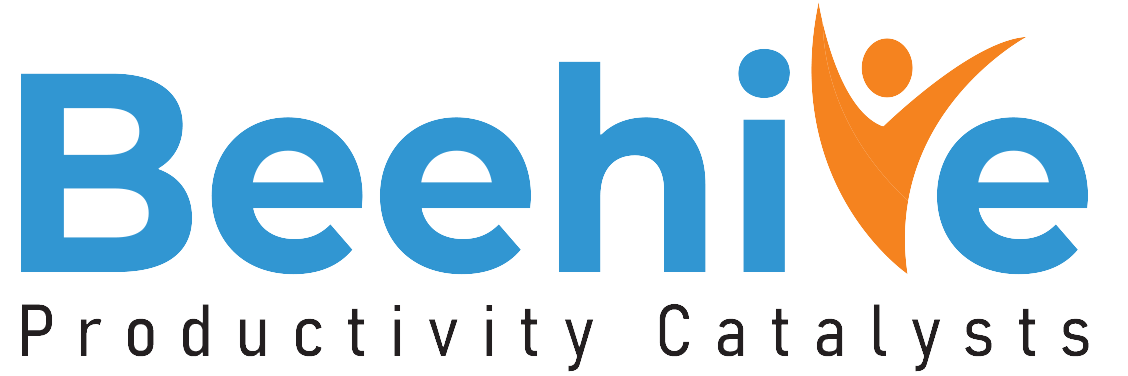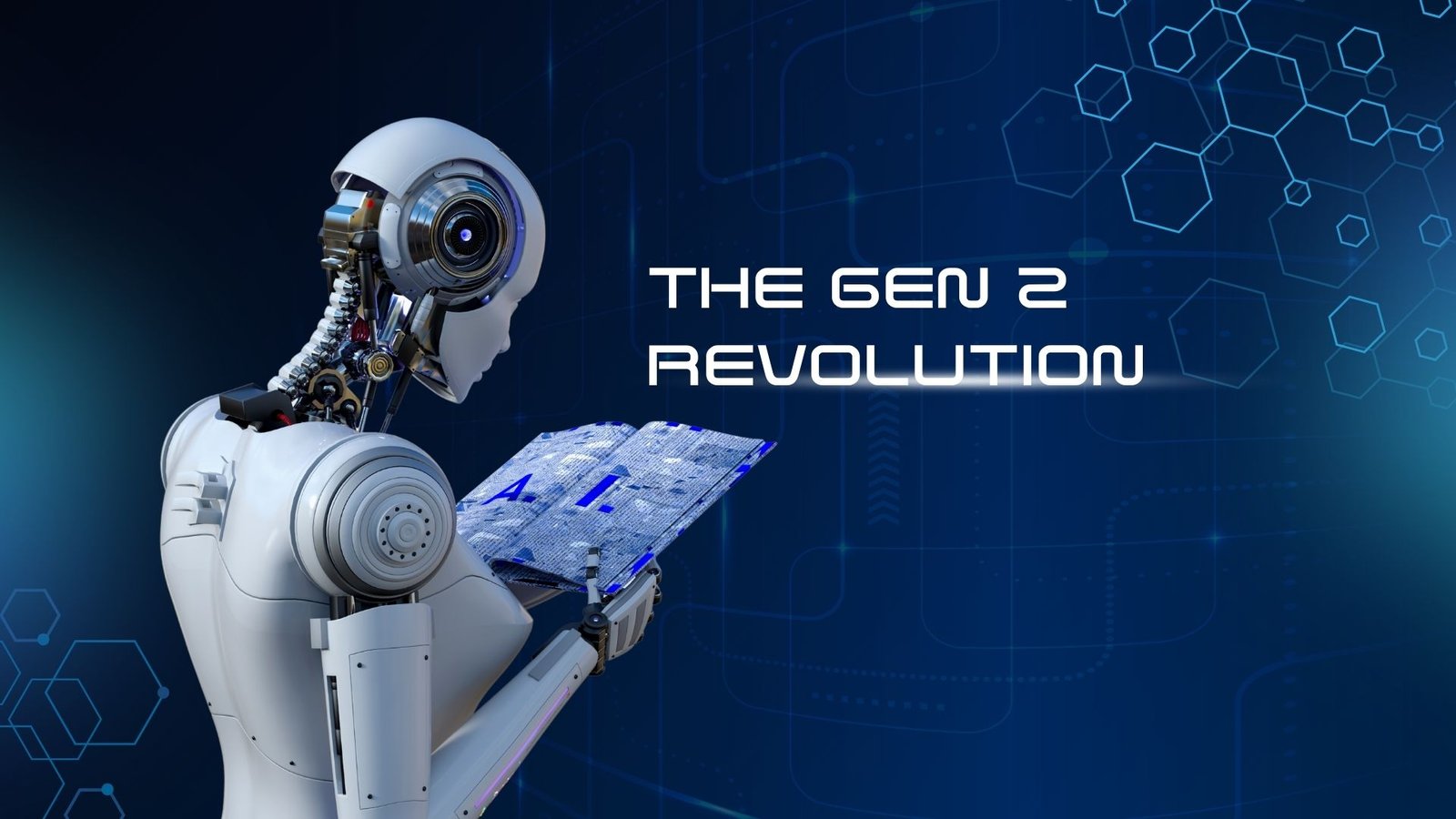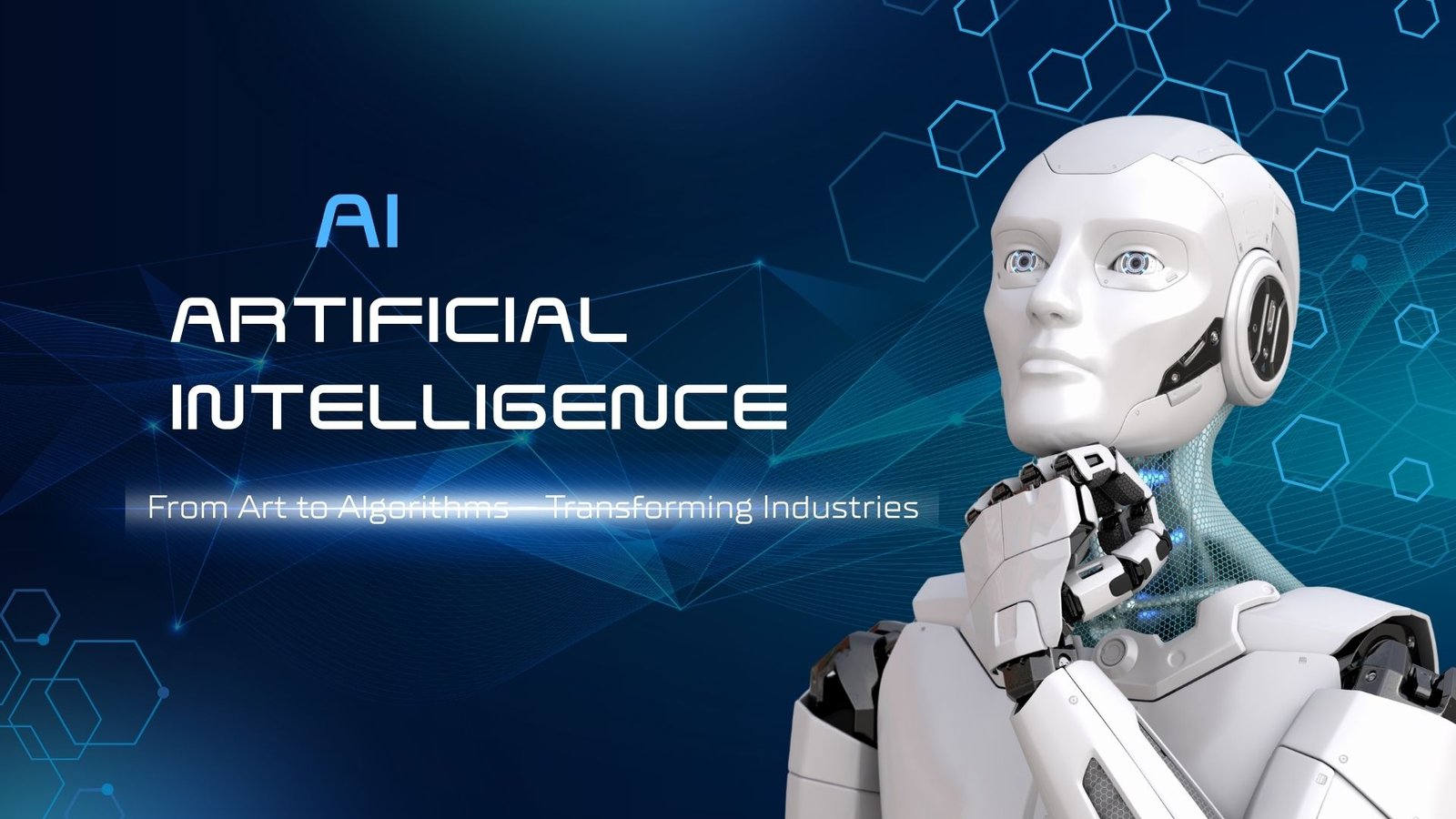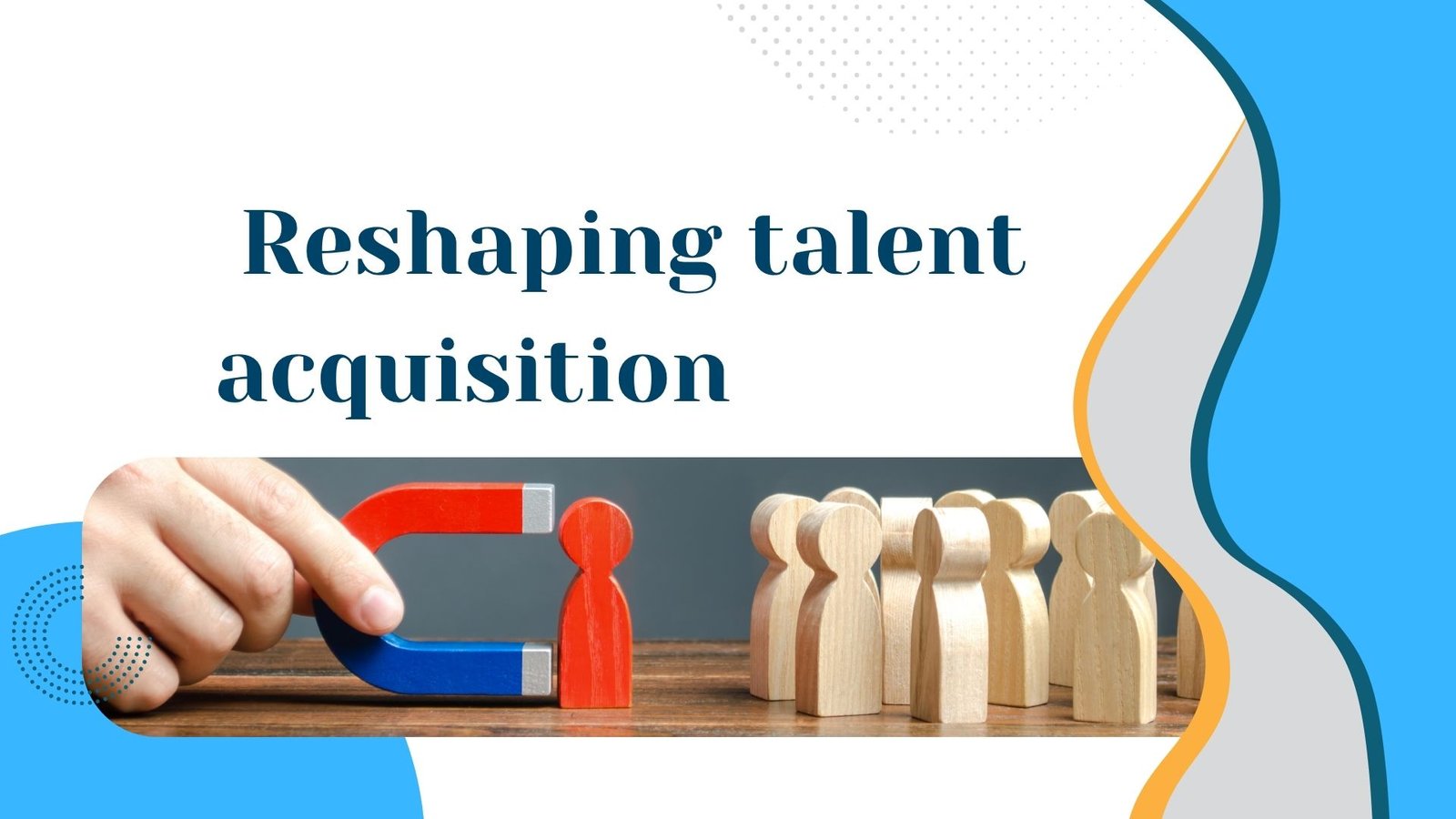The Gen Z Revolution: HRMS must evolve to meet tomorrow's workforce today
Step into any office and you will feel it—Gen Z is taking over the workforce. And no, they are not here to quietly follow outdated policies and nod through performance reviews. They are bringing a full-blown workplace revolution with them.
By next year, Gen Z will make up a third of the global workforce. That’s not a blip that’s a demographic shift. And surprise: they are not “difficult to manage” like some managers claim. They are calling out stuff that hasn’t worked for decades.
Gen Z is looking for purpose, flexibility, growth, and a culture that actually aligns with their values. They are not scared to challenge the system and to be honest, the system needs it.
Gen Z’s baseline: Tech that works
Let’s be real: Gen Z grew up on Instagram and TikTok, not clunky HR portals that look like they were coded in 2004. They expect their work tools to be smooth, fast, and mobile-friendly. If they have to click through five tabs to request time off, you have already lost them.
To win Gen Z talent, your HRMS has to feel like a consumer app, not a corporate filing cabinet. We are talking:
- Mobile-first design
- Instant responses
- Clean, intuitive navigation
If your HR tech doesn’t feel at least as easy as ordering pizza on an app, you are going to see more ghosting.
Mental Health: Not optional anymore
Here’s a stat that should shake things up: 92% of Gen Z grads want to talk about mental health at work. That means if your wellness support is buried in an outdated intranet link or buried deeper than company secrets, it’s not going to cut it.
They expect:
- Real support, not a dusty EAP brochure
- Mental health tools baked into their HR experience
- Managers who are trained to lead with empathy, not silence
Mental health is part of the job now and Gen Z will call you out if you ignore it.
Feedback is not an annual activity
This generation grew up with likes, comments, and real-time feedback. You think they are going to wait a year for a performance review? Please.
They want:
- Ongoing feedback loops
- Peer shoutouts and 360-feedback
- Micro-learning and skill nudges, not lectures
And yeah, they also want to give feedback upward. If you can’t handle reverse mentoring, Gen Z might just reverse their offer acceptance.
Work that means something
Gen Z isn’t going to stay at a company because there’s a ping-pong table. They care about impact and they want to see how their role makes a difference.
They expect your HR tech to help them:
- Track their work’s connection to company goals
- See how their job impacts customers, communities, or the planet
- Engage with volunteering and sustainability initiatives
If your company says it cares about values, Gen Z will ask for receipts.
Soft skills, meet hard reality
Let’s be honest: Gen Z is incredibly savvy online but many entered the workforce during the pandemic and missed out on a lot of in-person experience. That doesn’t mean they are lazy, it means they need support.
This is where HR tech should step up:
- Offer mentorship matching
- Build simulation-based training
- Deliver bite-sized learning that meets them where they are
They are not unskilled and they are also hungry to learn if you make it easy and relevant.
Flexibility is the new default
Gen Z doesn’t see remote work as a perk. It’s just… how work works.
They want:
- Hybrid options
- Flexible hours
- Goal-focused evaluation, not “seat time”
So your HR systems need to support:
- Dynamic scheduling
- Outcome-based performance tools
- Seamless remote collaboration tracking
Rigid policies? Hard pass.
Let’s talk gamification
Gen Z grew up gaming. If you want them engaged, make it interactive, visual, and fun. They will respond to:
- Points, streaks, badges
- Progress dashboards
- Friendly competition in wellness or training challenges
No, you don’t need to turn work into a full-on video game but a little dopamine hit goes a long way.
Everything needs to work together
If your HR platform doesn’t talk to Slack, Teams, or your project tools, Gen Z will notice. They want everything connected, integrated, and mobile. That means:
- API-first systems
- Single sign-on (stop with the 7 logins already)
- Push notifications for real-time updates
- Apps that actually work on their phones
Your HR tech should feel like an extension of their daily life, not a separate corporate island
Beehive HRMS: We are on it
We saw this coming and built our platform for the future of work. At Beehive HRMS, we focus on:
- User-first design that feels natural to digital natives
- Real-time feedback and recognition baked into everyday workflows
- Integrated mental health support, not buried resources
- Purpose dashboards that connect individual work to company missions
- Adaptive learning that closes skill gaps without lectures
- Hybrid-ready tools that respect people’s time and output
- Smart integrations that work with the existing tools
We are here to build workplaces people want to work in and where every generation can thrive.
The Gen Z revolution is already here. And if your HR systems haven’t evolved to meet their expectations… well, they are probably already looking elsewhere.
Want to attract the next generation of talent? Start by giving them an experience that doesn’t feel like a time machine.
Let’s build something better—together.
Beehive HRMS: We are all in on transparency
At Beehive HRMS, we have been watching this shift and building for it. We support transparency and helping organizations build compensation strategies that make sense to candidates, HR, and leadership.
Companies that embrace salary transparency are sending a message: We know what talent wants, and we are not afraid to be real about it.
It’s time we turn this honesty into a hiring advantage because transparency is not a risk but a strategy. Want to make it work for you? Let’s talk.
FAQ's
It tracks how people feel, what’s stressing them out, and whether they are engaged—so leaders can take action early and build a healthier workplace.
Nope. Beehive is scalable and flexible, making it a great fit for startups, SMEs, and enterprises alike.
It focuses on productivity and more importantly on emotional well-being with features such as happiness surveys and anonymous support channels.
Yes, it can. It’s designed to enhance what you already have or help you start from scratch.
Better retention, higher productivity, less burnout, and a company culture that doesn’t make people want to flee.



